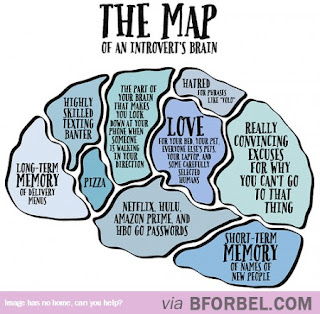Mahabharata quiz; workshop
The Mahabharata Open Book Quiz Please take the open book quiz on the Mahabharata from Google classroom. If you finish your essay/quiz before the end of period one, please work on your research/creation myth project or use your time writing creative pieces for your workshop. Period 2: Workshop Please conduct a writing workshop. Use the handout to help guide your answers. When you have completed commenting on your partners' work, you may use the time to research your creation story or use the time to write or revise pieces for your portfolio. Use your time productively. Also, please watch the following short video: Crash Course Mythology #2 (Creation Stories) and take note of how these creation myths are examined and presented. You will be doing something similar when you present. HOMEWORK: None. If you did not finish the Mahabharata , please do so to prepare for our discussion of the epic next class.

